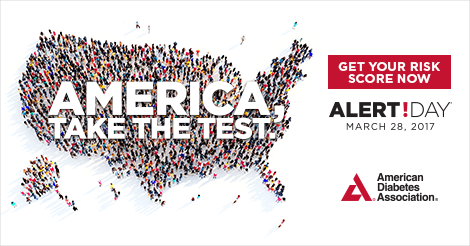 Cholesterol & Heart Health
Cholesterol & Heart Health
High cholesterol affects about 13% of Americans and can be a risk factor for coronary heart disease, heart attack, and stroke. Smoking, high blood pressure, and diabetes increase further increase these risks. The good news is, making changes in your dietary intake can help improve your cholesterol levels and decrease your risk of disease!
Interpreting your Cholesterol Levels
There are two types of cholesterol, LDL and HDL. We can think of LDL as the “bad” cholesterol and HDL as the good cholesterol. Having your “bad cholesterol” too high or your “good” cholesterol too low increases the chance of cholesterol building up in your arteries, leading to heart attack or stroke.
How Food Impacts Cholesterol
The dietary guidelines of 2015 had some of us confused on how food impacts cholesterol. What is interesting is that the more cholesterol you eat, the less your liver will make.
Eggs have always gotten a bad reputation, but that is changing.
Check this out…
- 3 egg yolks per day provide 650 mg of cholesterol; increases LDL cholesterol by 7 mg/dL
- 4 egg yolks per day provide 900 mg of cholesterol; increases LDL by 9 mg/dL
- 5 egg yolks per day provide 1200 mg of cholesterol; no significant change in cholesterol
In a study of 103,000 people studied for 15 years, 1-3 eggs per day or 1 egg yolk per week has no change in heart disease risk or cholesterol level.
*Side note: Those with diabetes do have an increased risk of making too much cholesterol along with those with Apo E 4 genotype. Good rule of thumb is to cut back on all saturated fats when you have heart disease and diabetes.
Vitamin D3
Vitamin D is commonly known for its role in bone health but recent research has connected this vitamin to many other health conditions such as cancer, immune function, depression, and now heart health.
Heart attack, stroke, high blood pressure and diabetes can cause blood vessels to suffer damage that was previously believed to be permanent. Recent research has found that vitamin D3 can repair damage to these blood vessels. The study also found that vitamin D3 can also have a preventative role in heart disease by protecting blood vessels from damage that can lead to heart disease. Overall, vitamin D3 has the potential to be an inexpensive way improve the health of your cardiovascular system!
How can you increase your vitamin D3 intake?
Food sources:
- Fatty fish (wild salmon and sardines)
- Oysters
- Egg yolks.
Taking a vitamin D3 supplement is always an option as well but it would be best to check with your doctor prior to starting this.
The 2016 joint recommendations of the American Heart Association and the American College of Cardiology for lowering blood cholesterol and reducing ASCVD risk include the following for a 2,000-kcal diet*:
- Fruits: 2 cups/day
• Vegetables: 21/2 cups/day
• Beans and peas: 11/2 cups/week
• Whole grains: 3 servings/day
• Nuts, seeds, legumes: 5 oz/week
• Fat-free or low-fat dairy: 3 cups/day
• Fiber: 31 g/day
• Sodium: 1,787 mg/day
• Oils, unsaturated: 3 T/day
• Added sugars: 61/2 tsp/day
• Fish: 8 oz/week
• Meat, poultry, eggs: 26 oz eq/week**
For other calorie levels, visit http://circ.ahajournals.org/content/134/22/e505.long.
Sources:
http://www.todaysdietitian.com/newarchives/0917p26.shtml
The American Journal of Clinical Nutrition, Volume 98, Issue 1, 1 July 2013, Pages 146–159, https://doi.org/10.3945/ajcn.112.051318

